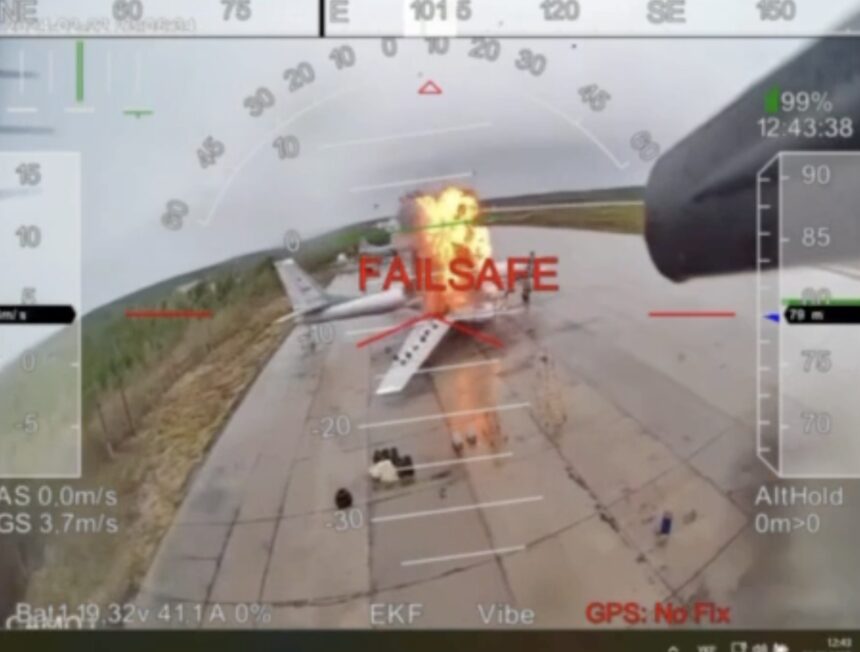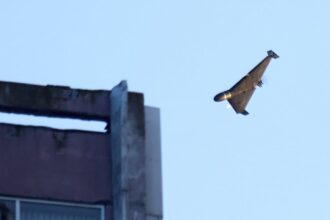In the shadow of conventional warfare headlines, Ukraine has been orchestrating a sophisticated web of covert operations that may be altering the trajectory of its conflict with Russia. Recent intelligence reports reveal an intricate network of sabotage, intelligence gathering, and psychological operations that Ukrainian forces have deployed with increasing effectiveness behind enemy lines.
The Ukrainian military’s Special Operations Forces have established what security analysts are now referring to as “spiderweb operations” – coordinated strikes that target Russian military infrastructure, communication networks, and supply chains with remarkable precision. These operations extend deep into Russian territory, challenging Moscow’s assumption of secured homeland defense.
“What we’re witnessing is an evolution in asymmetric warfare,” explains Dr. Anton Petrov, defense strategist at the Global Security Institute. “Ukraine has transformed necessity into innovation, developing capabilities that allow a smaller military to effectively counter a traditionally superior force.”
According to CO24 World News sources, Ukrainian intelligence services have cultivated an extensive network of informants within Russia itself. These assets have reportedly provided critical information on military deployments, potential targets, and vulnerabilities in Russian defense systems. This human intelligence network complements Ukraine’s growing technological surveillance capabilities, creating a comprehensive battlefield awareness that has repeatedly caught Russian forces off guard.
Particularly notable are the strategic railway sabotage operations that have disrupted Russian logistics throughout 2023. Military analysts estimate that these operations have delayed critical ammunition and equipment shipments by weeks, creating significant tactical advantages for Ukrainian defenders at key frontline positions.
“The psychological impact cannot be overstated,” notes security correspondent Maria Kovalenko. “When explosions occur hundreds of kilometers from the front lines, it creates uncertainty and diverts resources that would otherwise be deployed against Ukraine directly.”
The Ukrainian government maintains official silence regarding these operations, neither confirming nor denying involvement in specific incidents on Russian soil. This strategic ambiguity itself serves as part of the psychological dimension of the conflict, keeping Russian security forces in a constant state of alert across vast territories.
What distinguishes Ukraine’s approach is its apparent restraint and precision targeting. Unlike indiscriminate attacks, Ukrainian operations have primarily focused on military targets, fuel depots, and transportation infrastructure directly supporting Russia’s war effort, according to CO24 Politics analysis.
The long-term effectiveness of these covert operations remains to be seen. Russia has responded by increasing internal security measures and deploying counterintelligence resources away from the front lines. However, the continued success of Ukrainian sabotage suggests these countermeasures have not yet proven fully effective.
As this shadow war continues to unfold alongside conventional fighting, it raises profound questions about the changing nature of modern conflict. How will established military powers adapt to these new forms of warfare that blur traditional boundaries and leverage asymmetric advantages? The answer may reshape military doctrine far beyond the current Russia-Ukraine conflict.

























